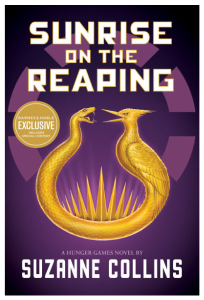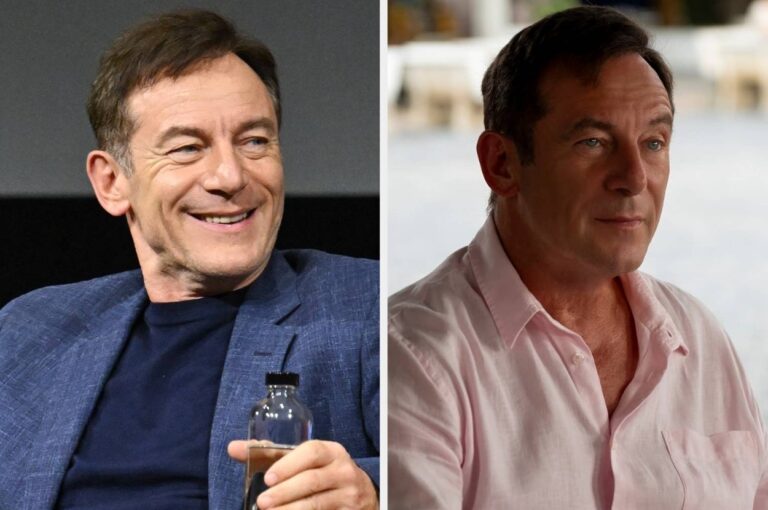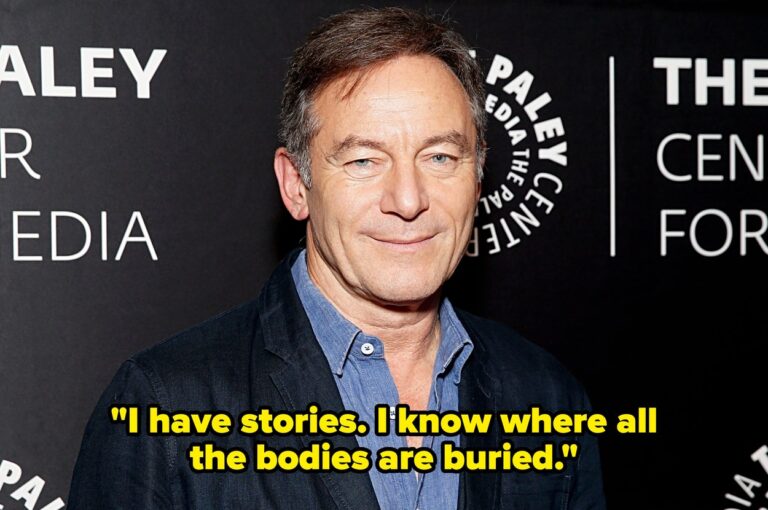I’m in the midst of a binge-read of Louise Penny novels and I confess to feeling more than a little tempted, after reading Nick Jeffery’s posts yesterday and the day before, to put aside aside Gamache 4, A Rule Against Murder, in order to read the twelve Arthur Ransome Swallows and Amazons titles.
I found he film trailer above and suspected that, as with the several chase scenes in the most recent adaptation of The Lion, the Witch, and the Wardrobe, this movie was more a Blockbuster Retelling of a beloved story within Hollywood set parameters. And it seems to be, sort of.
But not really! I read a Daily Telegraph review of the film by Lewis Jones, ‘From MI6 to tea with Trotsky: the secret life of Swallows and Amazons author Arthur Ransome,’ in which I learned to my delight that the biggest change to the story-line was based on the author’s own remarkable life. Ransome, it turns out, had lived in Russia during its agonizing transition to the Soviet Union, 1914-1924, and worked simultaneously as a correspondent for English newspapers and propagandist for the Bolsheviks. He was recruited by M16 on his return to England but was always thought of as something of a Soviet sympathizer, if not quite a double-agent.
The movie-makers, in a film largely set on a lake, chose to incorporate these facts from Ransome’s ‘Lake’ as Rowling understands it, and re-worked them in their dark-room ‘Shed’ to raise the movie-version’s stakes significantly. Nick Jeffery’s points in ‘Biography Illuminating Text‘ seem to be at least as true about the movie as the books.
Yesterday was the Feast day of the Holy New Martyrs and Confessors of Russia so I am freshly reminded of the great tragedy of those times, the greatest persecution of Christians or any religious people in the history of the world. I admire Joanne Murray’s writing and have celebrated her courage and principles as well as the artistry and meaning of her fiction for almost a quarter century now; I remain, however, just on the edge of disgust for said author’s unqualified admiration for Jessica Mitford, an apologist for Soviet communism from the Spanish Civil War right through the time of Stalin’s death.
Was Ransome any different, worse or better? I have to hope that his work for M16 allowed him to see the Soviets as the murderous atheists they were and to regret the propaganda efforts of his youth. With Murray-Rowling-Galbraith, the catastrophic allegiances of her real-life heroine do not seem to have colored her work significantly (the closest Rowling comes to celebrating communism in her Harry Potter books is an embedded Fabian socialism; cf., the essay by Travis Prinzi on this subject in his Harry Potter for Nerds, Vol 1). I look forward to reading the Amazons and Swallows series in the hope, really the expectation that the same can be said for Arthur Ransome.







